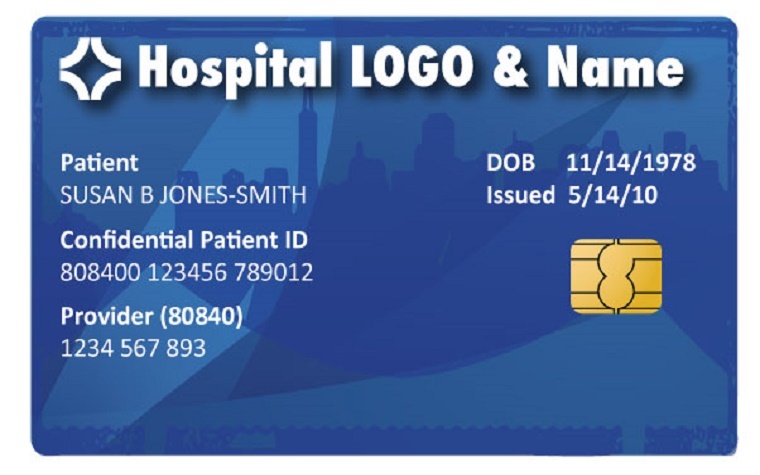
Many private health insurance companies are offering digital ID cards for their members, through which health care providers can access the patients' contact and other vital information, as well as their health records.
One of the main reasons for this is that patients have demanded more advanced technology in their health care. Digital ID cards are available as plastic cards, but can also be used as an image stored on a cellphone or tablet, or a paper copy from a printer.
While some providers say such technology delays the billing process, digital patient ID cards seem to be the wave of the future.
"These approaches allow consumers to have ready access to their ID card information via an application on their phone, which includes the same information that is on their printed ID cards today," Courtney Jay, deputy director of media relations for America's Health Insurance Plans, said. "As plans are working through various approaches, they are working closely with their providers who depend on this information when communicating with the health plan about its enrollees."
Estero, Florida-based family physician Rebekah Bernard works for Estero Urgent Care -- and she may see dozens of patients in any given day. The clinic's office manager, Ashley Law, said having information available through digital ID cards makes patient check-in quicker and more efficient because insurance eligibility can be verified days before the patient even walks through the door.
"It's definitely a 'make it or break it' in this practice because of our volume," Law said. "Doing that work in real time would create unnecessary ripples in the work flow."
Additionally, advance verification can help patients know beforehand what they will have to pay for services.
"It's always better to know your reimbursement scenario upfront rather than after the fact," Glenn Bair, Aetna senior project manager for provider e-solutions, said.
Aetna continues to offer traditional plastic ID cards to its members -- but does offer digital ID cards as replacements.
"What family physicians need to know is that all of those formats are acceptable as a proof of insurance," Bair said. "Physicians say digital cards create more work for them, but times are changing, so they're not surprised."